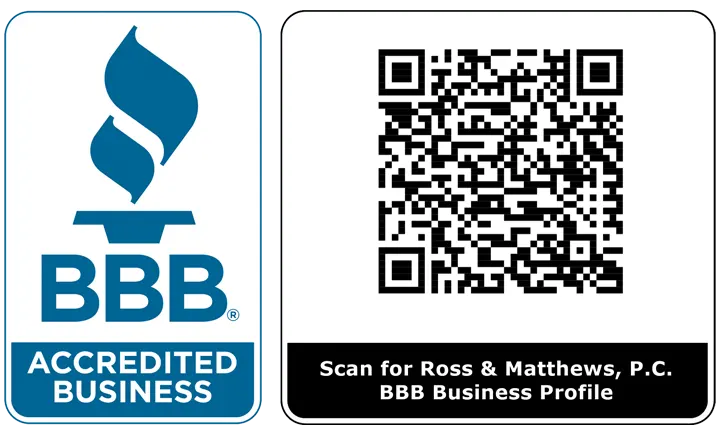

If you use credit cards, owe money on a personal loan, or are paying on a home mortgage, you are a “debtor”. If you fall behind in repaying your creditors, or an error is made on your accounts you may be contacted by a “debt collector”.
You should know that in either situation the Fair Debt Collection Practice Act and state law require that debt collectors treat you fairly by prohibiting certain methods of debt collection. Of course, the law does not forgive any legitimate debt you owe. The laws apply only to personal, family, and household debts. This includes money owed for the purchase of an automobile, for medical care or for charge accounts.
A debt collector is any person, other than the creditor, who regularly collects debts owed to others. This can include attorneys who collect debts on a regular basis or a company that purchases debt after it is already in default.
You can stop a debt collector from contacting you by writing a letter to the collector telling them to stop. Keep a copy of your letter and send the original to the debt collector by certified mail, return receipt requested. Once the debt collector receives your letter, they may not contact you again except to say there will be no further contact or to notify you that the debt collector or the creditor intends to take some specific action. Please note, however, that sending such a letter to a debt collector does not make the debt go away if you actually owe it. You could still be sued by the debt collector or your original creditor.
If you have an attorney, the debt collector may not contact anyone other than your attorney. If you do not have an attorney, a debt collector may contact other people, but only to find out where you live, what your phone number is, and where you work. Debt collectors usually are prohibited from contacting such permissible third parties more than once. In most cases, the debt collector is not permitted to tell anyone other than you and your attorney that you owe money.
Debt Collectors are required upon any initial communication to advise you that the purpose of the communication is to collect a debt. Upon either the first communication or within 5 days thereafter, the CFPB Debt Collection Rule requires that the debt collector provide you with validation information about a debt. At a minimum, this must include the following information about the debt: the name of the debt collector and the mailing address where the debt collector accepts disputes and requests for original creditor information; the consumer’s name and mailing address; the name of the creditor to whom the debt is currently owed; the name of the creditor as of the itemization date (a fixed date that the creditor uses to calculate the amount of the debt); the account number, if any; and the current amount of the debt. In addition to this information about the debt, the debt collector is required to provide information about consumer protections and response information to facilitate the consumer’s ability to exercise their rights with respect to the debt collection.
If you dispute the debt within the 30 day period to do so, the debt collector must cease all communications and attempts to collect the debt until they have provided information verifying the debt.
The debt collector may not use unfair or unconscionable means to collect a debt.
Debt collectors may not harass, oppress, or abuse you or any third parties they contact. For example, debt collectors may not:
Debt collectors may not make any false statements when collecting a debt. For example, debt collectors may not:
Debt collectors may not engage in unfair practices in attempting to collect a debt. For example, collectors may not:
Report any problems you have with a debt collector.
1-800-621-0508
Austin, Texas
1999 Bryan Street, Suite 2150
Dallas, Texas 75201
214-979-0213
www.ftc.gov
Toll Free:
1-877-FTC-HELP (1-877-382-4357)
Follow Us
The information you obtain on this website is not, nor is it intended to be, legal advice. Consult an attorney for advice regarding your individual situation. We invite you to contact us and welcome your calls, letters and email. Contacting us does not create an attorney-client relationship. Please do not send any confidential information to us until such time as an attorney-client relationship has been established.
